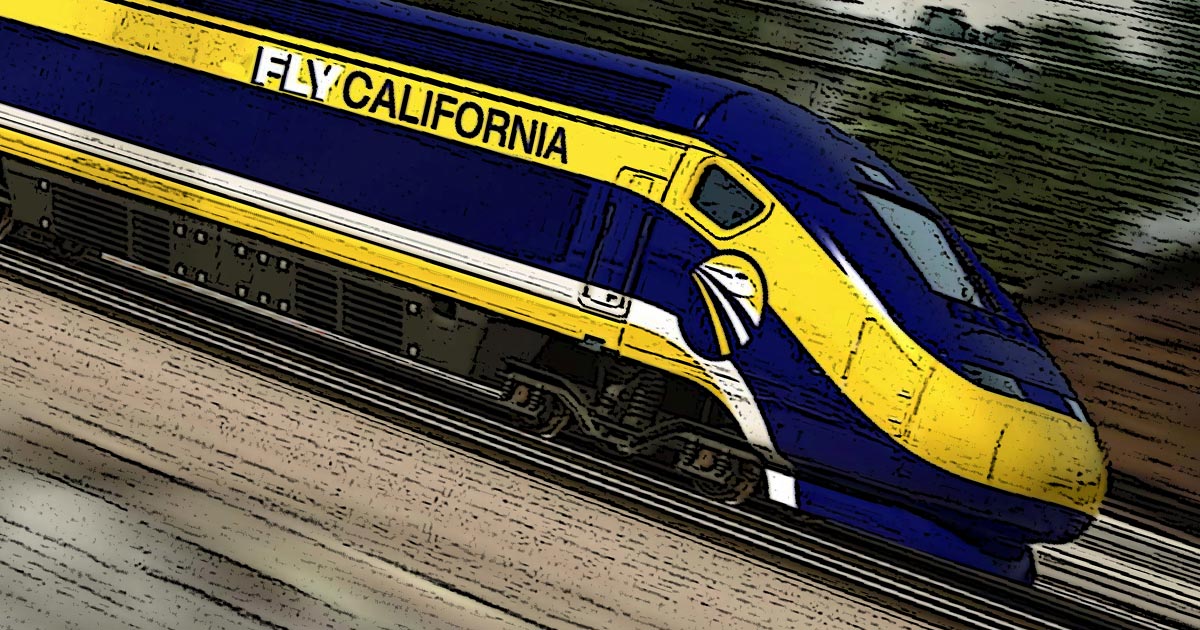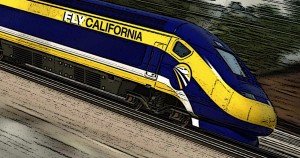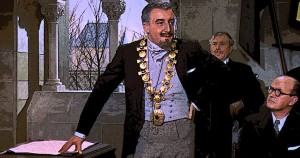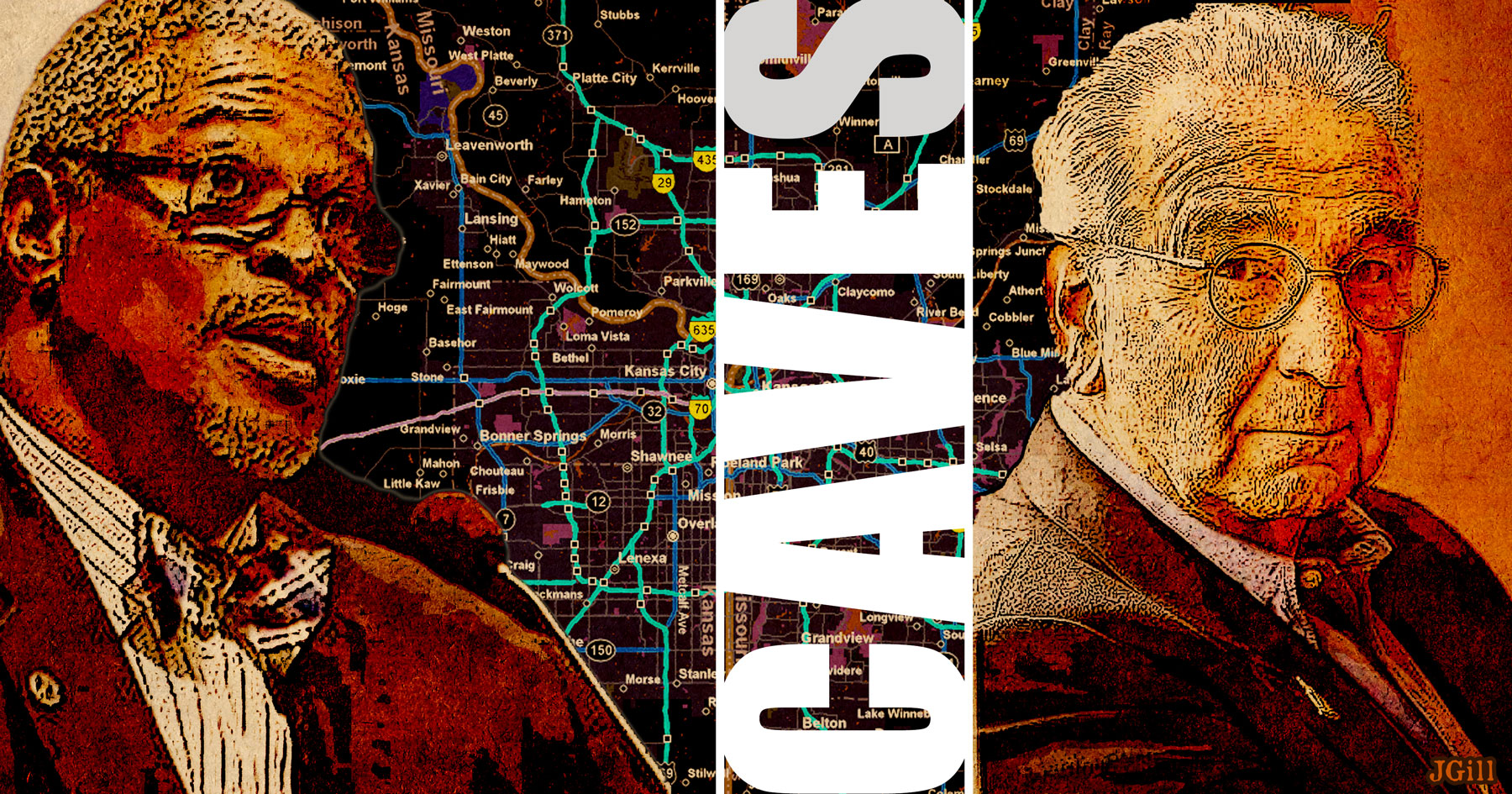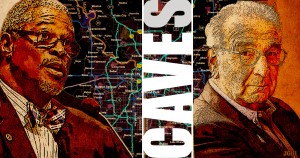We all have our complaints about this company or that, this product or that.* And it is popular to rag on “consumerism” and the emptiness of “capitalism.” But put it into perspective: me “wasting money” on, say, an expensive juicer is nowhere near as offensive — that is, worth a rant, an excoriation, a philippic — than the government wasting money on . . . anything else.
Or, for that matter, on juicers.
At this point, you may be wondering, “what’s with this juicer business?”
Well, it is all about the hullabaloo regarding, er, a juicer business!
Juicero, to be precise.
The well-funded-at-startup Silicon Valley biz makes the expensive Juicero Press. And news. Newsweek and Washington Post were just two major media outlets to lay into the company. They characterized Juicero and its product as a symbol of all that’s wrong with Silicon Valley.
Wow. What weight for one niche-market company to bear.
While journalists in print and online fret over how Silicon Valley offers up empty gewgaws and gadgets for the “temporarily rich” — a few decades ago members of this class were excoriated as Yuppies — over at Star Slate Codex Scott Alexander reminds us that Silicon Valley does all sorts of things.
One juicer cannot stand for everything else.
Besides, when “Capitol Hill screws up, tens of thousands of innocent Iraqis get killed,” Alexander writes. When “Silicon Valley screws up, people who want a pointless Wi-Fi enabled juicer get a pointless Wi-Fi enabled juicer.”**
Forcing many people to pay for dubious-at-best products, or enticing a few people to pay for harmless luxuries? You see why I prefer the latter.
This is Common Sense. I’m Paul Jacob.
* You should listen to me curse my computers! Or, on second thought, no. You shouldn’t.
** “Which by all accounts,” Alexander concludes, “makes pretty good juice.” Even if squeezing the company’s frozen packets yourself works just as well.


